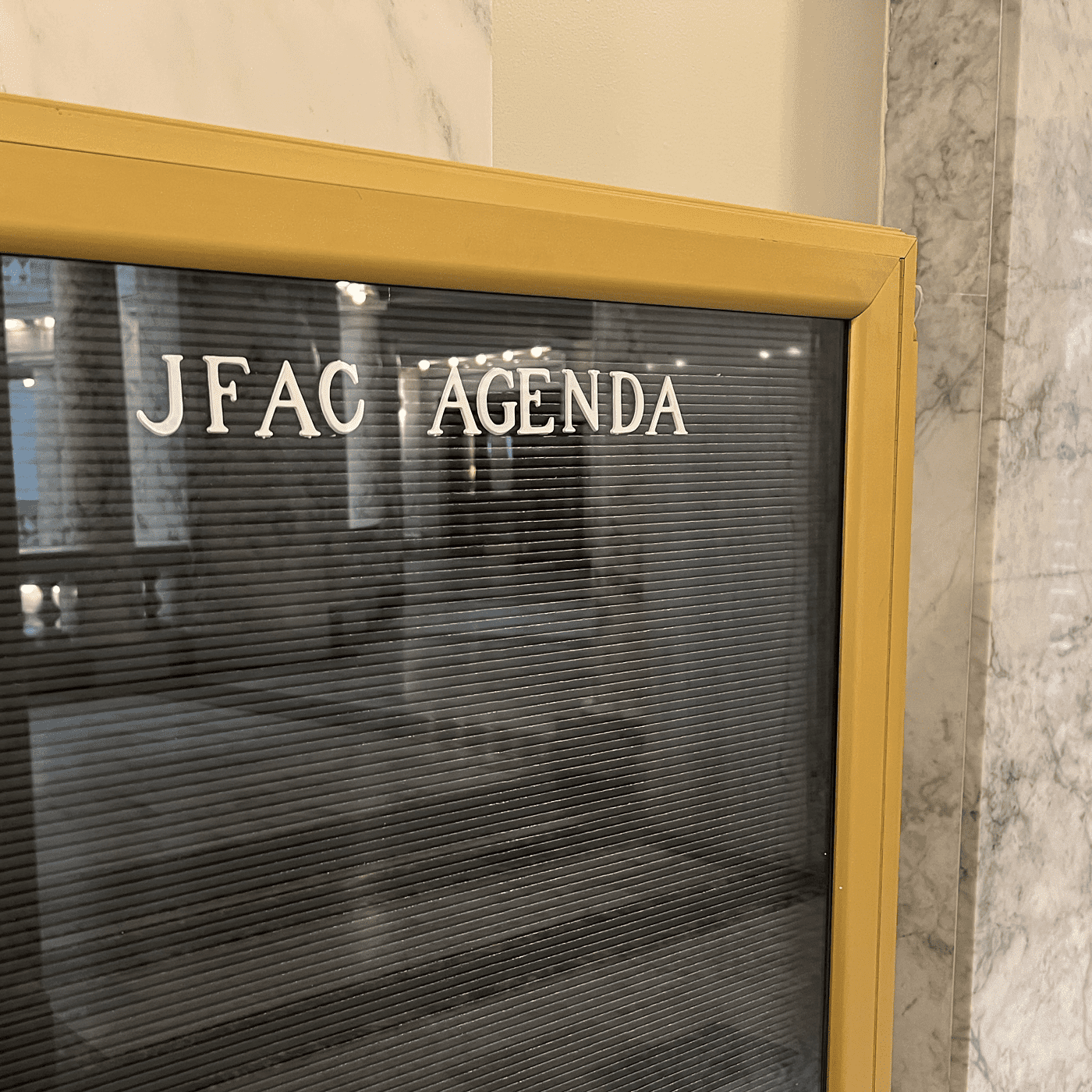


Which legislative committee effectuates a constitutionally required function but allows no direct public input? You guessed right if you answered with the Joint Finance and Appropriations Committee (JFAC). The Legislature is required, each session, to pass a balanced budget, and the committee assigned this responsibility allows no public testimony on the budget.
One of the ways that JFAC gets away with the notion that they don’t make policy is that leadership has convinced people that JFAC is appropriating money in accordance with Idaho’s statutes and following the dictates of the policy committees. This contains a grain of truth but is hardly the complete story.
I bring this up because the operation of JFAC is probably a mystery to most citizens. The establishment press doesn’t shed much light on what JFAC does except to offer encouragement when they spoon-feed the government and schools more and more tax dollars.
Understanding how JFAC operates sheds light on why the budget process needs improvement if Idaho is ever to curb the growth of government spending and reliance on the federal government.
And more public involvement and oversight of the budget is the key to enacting a conservative agenda in Idaho. Why? Because with the current budget process, the bigger the budget, the greater the dependence on an increasingly indebted federal government and the greater dependence that Idahoans in general have on government spending.
Let’s give some examples of how exactly JFAC does set policy. JFAC, at its sole discretion with no vote on the floor of either the House or the Senate, sets the pay increases for state employees. This year, there was a spirited debate within JFAC as to whether state employees get a 4% increase based on merit or an across-the-board $1.20 per hour increase based on merit. The former would favor higher-paid employees and the latter lower-paid ones. There was a debate in committee, with no public input to JFAC, and JFAC went with the $1.20 per hour scenario. This increase gets built into every appropriations bill sent to the floor. I might add that JFAC added an additional 6% increase for public safety officers. It’s true that the chambers could reject every single budget just because of the pay increase, but as a practical matter, this isn’t likely.
And separately, JFAC allocated a salary allocation increase to districts for an average increase for K-12 teachers of nearly 12%. And JFAC, at its sole discretion, picks the General Fund revenue forecast for the current fiscal year and the upcoming one. The revenue forecast sets the table for overall spending and tax policy, at least in terms of limitations, since the ending budget must be balanced. Talk about an overarching policy straightjacket. JFAC also sets the benefits package cost for state employees. To be sure, JFAC gets recommendations on these statewide decisions, but they are not bound by recommendations.
But what about agency bills, for example? Does JFAC set policy? It sure does. While we don’t have a final detailed breakdown, we do know that JFAC appropriated about $2 billion of discretionary dollars out of a total appropriation for FY24 of $13.9 billion. That’s a lot of money. Discretionary spending is spending generally not required by statute and does not include the general pay increase, replacement items, and most inflationary adjustments. Discretionary spending includes money for new staff, and new initiatives within the various agencies.
And finally, don’t be fooled by the notion that JFAC can’t really address things like the woke agenda and social justice policies in various agencies. With billions of dollars of discretionary money at its disposal, nothing prevents JFAC from denying an agency or the governor’s request for additional discretionary spending, if JFAC determines that a particular agency is not serving the public interest. For example, during the 2021 session, JFAC used House Bill 387, the College and University appropriation, to send a message to Colleges and Universities that their spending on non-academic social justice programs was not acceptable. The appropriations bill actually contains a discretionary line item that says, “Social Justice Reduction, ($2,500,000).”
Unfortunately, the universities ignored the message, partly in the knowledge that JFAC really doesn’t answer to the public like other committees, and hence real consequences would not be forthcoming.
In this recent session, the original Medicaid appropriation requested by the governor, House Bill 334, contained no savings from removing ineligible people from the program added as a consequence of the COVID “Public Health Emergency.” This was no small matter as those ineligible constituted up to one-third of all Medicaid participants. Of course it was a policy decision when JFAC sent forth a budget that signaled to the Department of Health and Welfare that JFAC was indifferent to removing ineligible people from a $4.7 billion budget. Fortunately, the bill died, and although the replacement bill, H369, only removed about 13,000 ineligibles, it at least sent a different message.
It’s time that the public scrutinizes what JFAC does and requires JFAC to use the appropriation process to hold agencies accountable and, yes, set policy.


